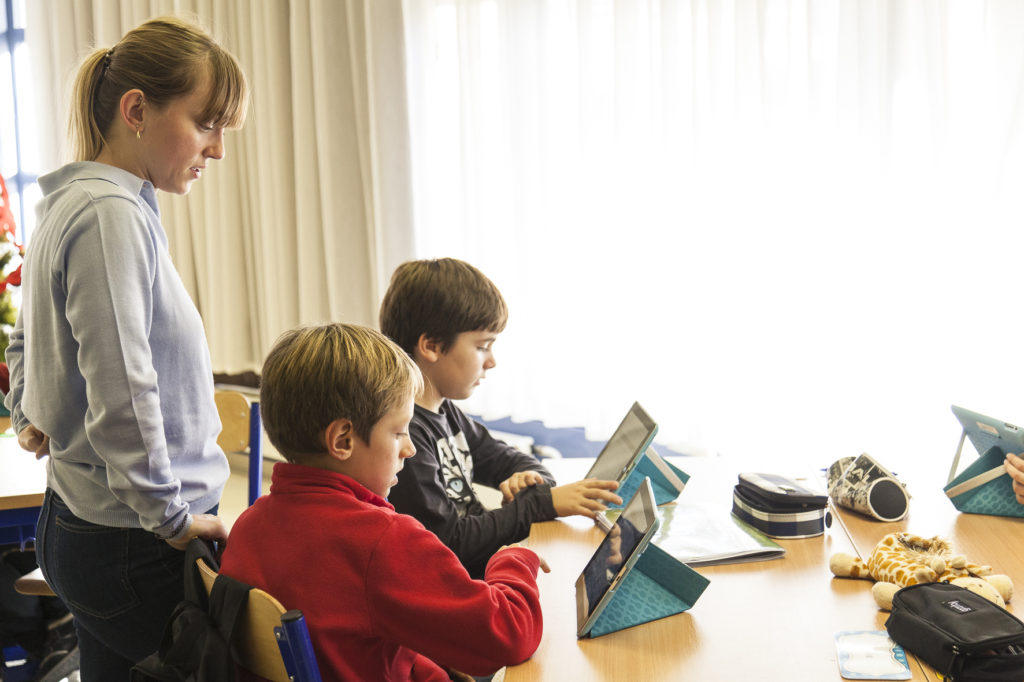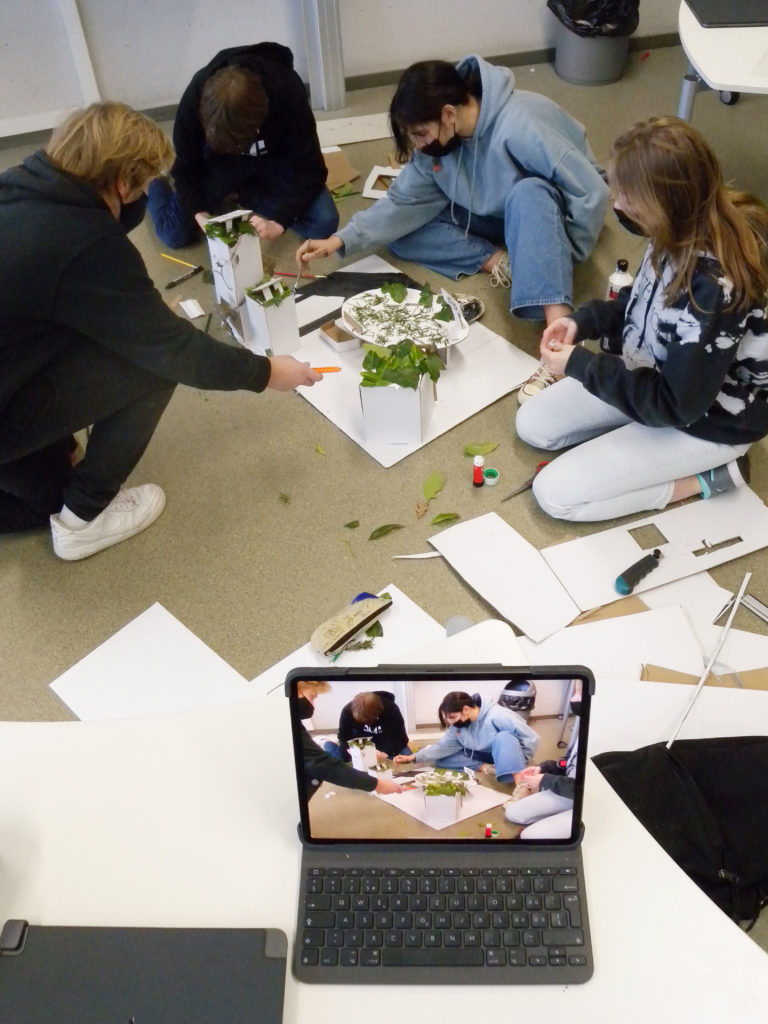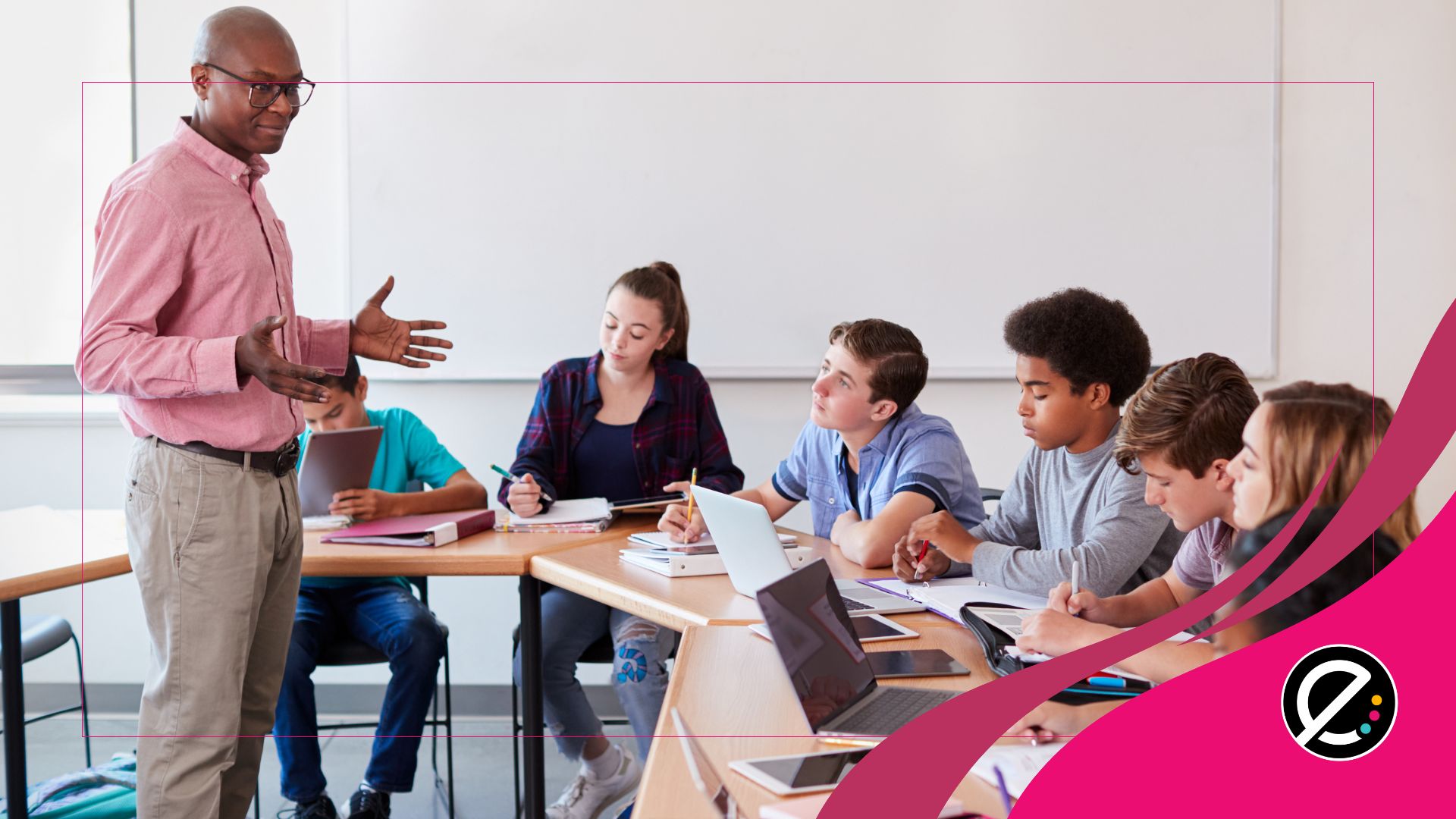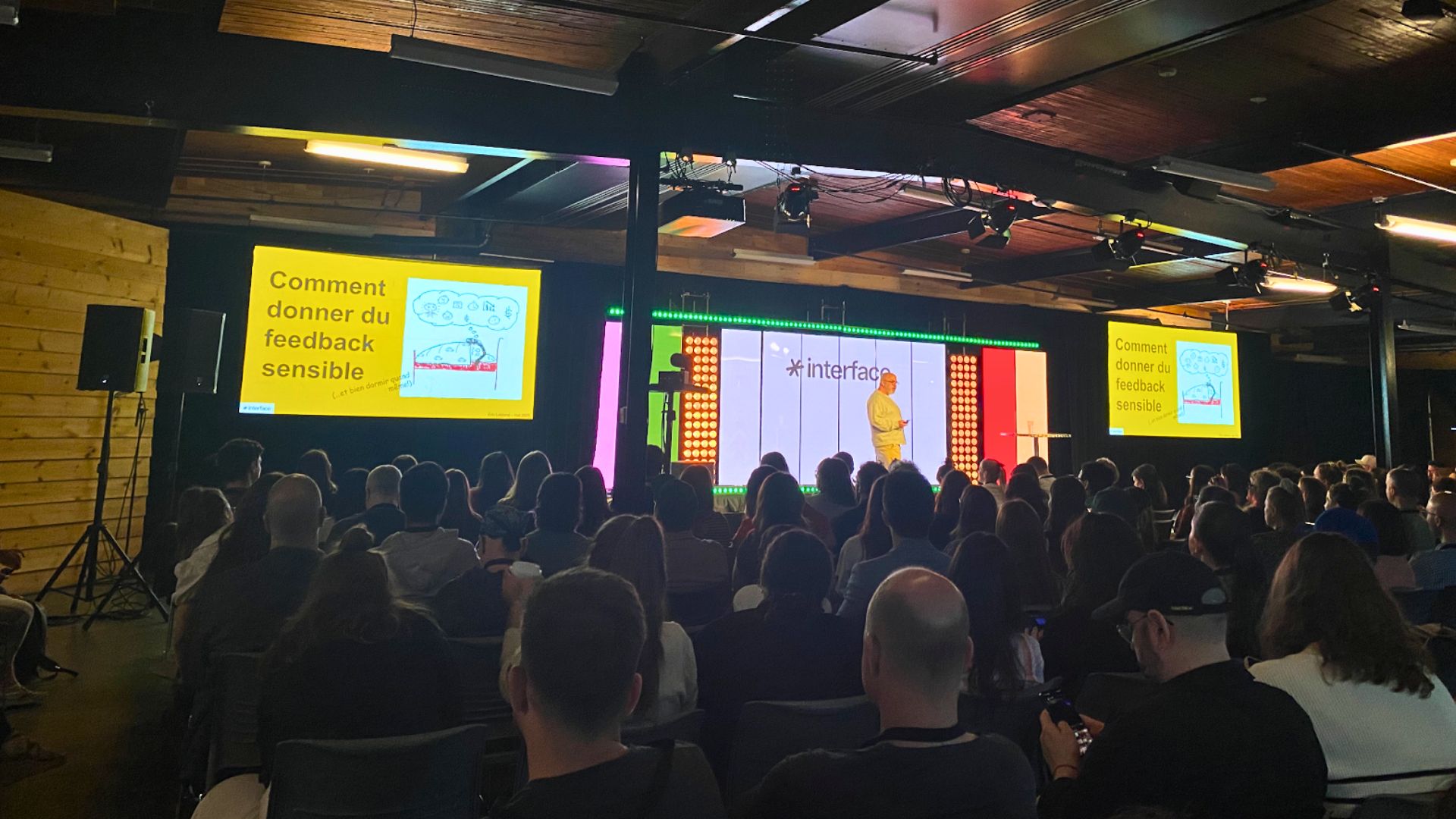Par Karine Yoakim Pasquier pour le Moser Lab, au sein de l’École Moser
Notre collaboratrice présente un témoignage sur la façon dont le personnel de l’École Moser, un établissement d’enseignement trilingue accueillant des élèves de 8 à 18 ans, en Suisse, a traversé la pandémie et a pérennisé les usages du numérique, notamment par la mise en place d’un espace Teams dédié au partage de contenu entre les enseignants.

Si la pandémie de Covid-19 a modifié la société sur de multiples points, l’éducation n’a pas été épargnée. En Suisse, le 13 mars 2020, le Conseil Fédéral a annoncé diverses mesures, dont la fermeture des écoles et des universités, forçant les enseignants à se réinventer et les élèves à suivre les cours depuis chez eux, et ce, pour une durée de deux mois.
Puis, à partir de septembre, la rentrée s’est organisée en formation mixte, proposant en parallèle des classes en ligne et en présentiel, offrant ainsi la possibilité aux élèves en quarantaine d’assister aux cours malgré tout. Les professeurs ont donc été contraints de travailler différemment, en plus d’intégrer l’informatique à leur pratique journalière, et ce, pour de bon.
C’est dans ce cadre que l’École Moser, fondée en 1961 à Genève et présente à Nyon et Berlin, a réfléchi sur comment pérenniser l’expérience traversée par ses enseignants. Proposant un cursus trilingue à plus de 1 500 élèves de 8 à 18 ans, l’établissement a toujours été considéré comme étant en avance sur son temps en matière d’intégration des nouvelles technologies… et la crise a permis de vérifier que tout ce qui avait été mis en place précédemment était solide et fonctionnel. L’expérience s’est révélée positive, mettant en lumière la résilience et la créativité des enseignants qui ont su faire face à une situation exceptionnelle.

Le métier d’enseignant, fait de résilience et de réinvention
Dès le 13 mars 2020, les enseignants de l’École Moser se sont réorganisés : de la 3 année du primaire (équivalent du CE2 en France) à la fin du secondaire (correspondant au lycée), les élèves devaient pouvoir continuer leur cursus scolaire. Vidéos, cours en live via le logiciel Teams, réalisation de courts métrages à la maison, mise en place de devoirs en ligne, le corps professoral n’a cessé de se réinventer. Toutefois, tout s’est fait dans l’urgence et chaque employé a alors dû apprendre à gérer ses classes, ses horaires et son contenu, en un temps record.
Afin de connaître les défis rencontrés par les 116 enseignants de l’école au cours de cette période, un sondage leur a été envoyé pour en apprendre un peu plus sur ce qu’ils avaient vécu. 46,6 % des sondés ont identifié le contexte des cours à distance à la fois comme assez stressante, mais stimulante.
L’expérience a été une source de renouveau et d’inspiration pour la plupart des intéressés. Elle a néanmoins aussi représenté une énorme charge de travail, qui a forcé de nombreux enseignants à réorganiser leur contenu pour l’adapter en ligne, ainsi qu’à acquérir de multiples compétences numériques de manière rapide.
Moser Channel, un espace d’échange et de valorisation
Depuis 4 ans, l’École Moser s’est dotée d’un département appelé Moser Lab dont l’objectif est multiple : formation du personnel au numérique, mise en place de divers projets digitaux, aide personnalisée. Le Moser Lab se veut la référence en termes de pédagogie numérique au sein de l’École et se destine à guider les enseignants dans l’évolution de leurs pratiques. Au passage, le Lab touche aussi à des thématiques comme le leadership, la culture organisationnelle, les technologies, les données et la communication, qui sont des enjeux bien présents à l’ère du numérique.
Pour faire face à ces enjeux, le laboratoire s’est donné comme mission de prendre des problématiques complexes et de les transformer en opportunité. Dans ce cadre-là, et pour donner suite aux observations réalisées par les enseignants entre mars et mai 2020, l’équipe a imaginé une plateforme valorisant tout le travail développé par les enseignants pendant cette période d’enseignement à distance. Intitulé Moser Channel, cet espace virtuel a donc récolté puis organisé par degrés et par matières, les contenus pédagogiques créés par les enseignants.
Du français à l’histoire en passant par les sciences, les mathématiques, l’art ou l’expression corporelle : chacun a réinterprété sa matière de manière numérique, concevant parfois de petits bijoux numériques ou des séances regorgent d’inventivité pour pallier la possibilité de se voir en chair et en os.
En complément, de nombreux enseignants ont permis aux élèves de s’impliquer activement. L’onglet « Découvrez nos vidéos réalisées par les élèves » met de l’avant un contenu riche et inattendu. Du théâtre à la musique, en passant par la lecture suivie ou la biologie, les élèves sont devenus acteurs de leur propre enseignement, mettant à profit leurs compétences numériques et les sujets appris en classe.
La plateforme compte à l’heure actuelle 317 cours en ligne. Créée sur Sharepoint (Office 365), elle répond à plusieurs objectifs : tout d’abord de permettre l’échange de contenus entre les différentes écoles Moser (situées à Genève, Nyon et Berlin), mais également, d’inspirer les enseignants ainsi que de les amener à discuter de leurs pratiques.
Son utilisation reste simple : un accès par niveau puis par discipline. Les cours sont alors listés en mentionnant les thématiques abordées, le degré cible et son auteur. Les enseignants souhaitant enrichir la plateforme peuvent écrire à l’équipe du Moser Lab ou déposer leurs vidéos sur Microsoft Stream. Celles-ci sont ensuite réorganisées et classées en fonction de leur contenu et de leur pertinence.
Si jusqu’alors, les enseignants conservaient leurs matériels chacun de leur côté, Moser Channel valorise leur travail et instaure un échange parmi le personnel de l’école, leur facilitant la vie et permettant par conséquent une meilleure collaboration.
Un changement positif
La pandémie a donc été un vecteur de changement positif pour l’éducation. Les enseignants ont découvert puis intégré dans leurs pratiques quotidiennes le concept de classe inversée, l’usage de vidéos, l’intégration d’activités via des outils tels que Forms, Socrative, Quizlet ou encore Teams, l’organisation de soutien en ligne ou l’utilisation de OneNote pour la gestion des devoirs.

De son côté, la plateforme Moser Channel continue d’évoluer et ne cesse de grandir, offrant une variété de contenu qui reflète le monde dans lequel nous vivons désormais. En complément, le MoserLab a aussi mis en place un catalogue de formations proposant au personnel enseignant ainsi qu’aux élèves et aux équipes administratives des tutoriels sur l’ensemble des logiciels et applications qu’ils utilisent au quotidien.
Menant une veille pédagogique constante, le Moser Lab veillera à enrichir régulièrement son catalogue de formations ainsi que la plateforme Moser Channel et à développer de nouveaux projets.














